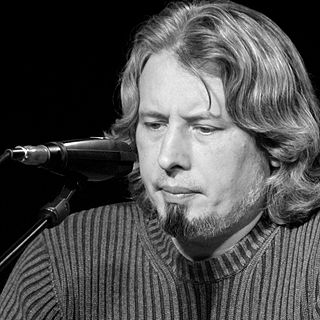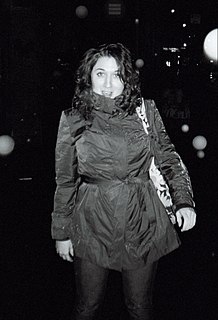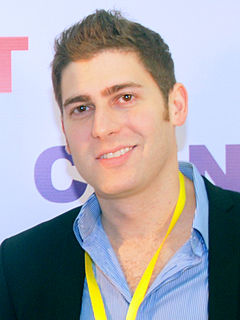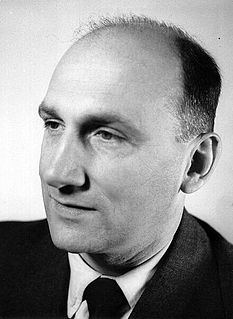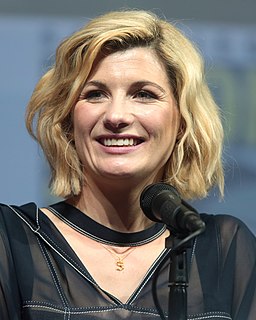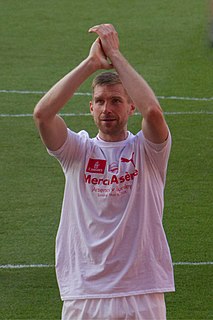A Quote by Vladimir Sorokin
The citizen lives in each of us. In the days of Brezhnev, Andropov, Gorbachev and Yeltsin, I was constantly trying to suppress the responsible citizen in me. I told myself that I was, after all, an artist.
Related Quotes
Why did I become a Canadian citizen? Not because I was rejecting being a U.S. citizen. At the time when I became a Canadian citizen, you couldn't be a dual citizen. Now you can. So I had to be one or the other. But the reason I became a Canadian citizen was because it simply seemed so abnormal to me not to be able to vote.
I ask of each Mason, of each member, of each brother, that he shall remember ever that there is upon him a peculiar obligation to show himself in every respect a good citizen; for after all, the way he can best do his duty by the ancient order to which he belongs is by reflecting credit upon that order by way in which he performs his duty as a citizen of the United States.
Government force is derived from the sum of the physical force each citizen could exert which by one citizen himself would be ineffective, but when summed from the force of all the area's citizens indeed composes a power no citizen or group can withstand. That force is then rightly but justly to be used against those who violate the foundation pillars of freedom.
If we talk about changes of power in Russia, that has occurred several times in the past century. After Stalin came Khrushchev, who implemented his legacy quite radically, one could say. But there was no blood, nonetheless. After Brezhnev came Gorbachev. I'm not talking about the ones who were in power for only a short period of time. Gorbachev, too, left a very radical legacy.
It’s irrelevant to me what young Singaporeans think of me. What they think of me after I’m dead and gone in one generation will be determined by researchers who do PhDs on me, right? So there will be a lot of revisionism. As people revised Stalin, Brezhnev and one day now Yeltsin, and later on Putin. I’ve lived long enough to know that you may be idealised in life and reviled after you’re dead.
